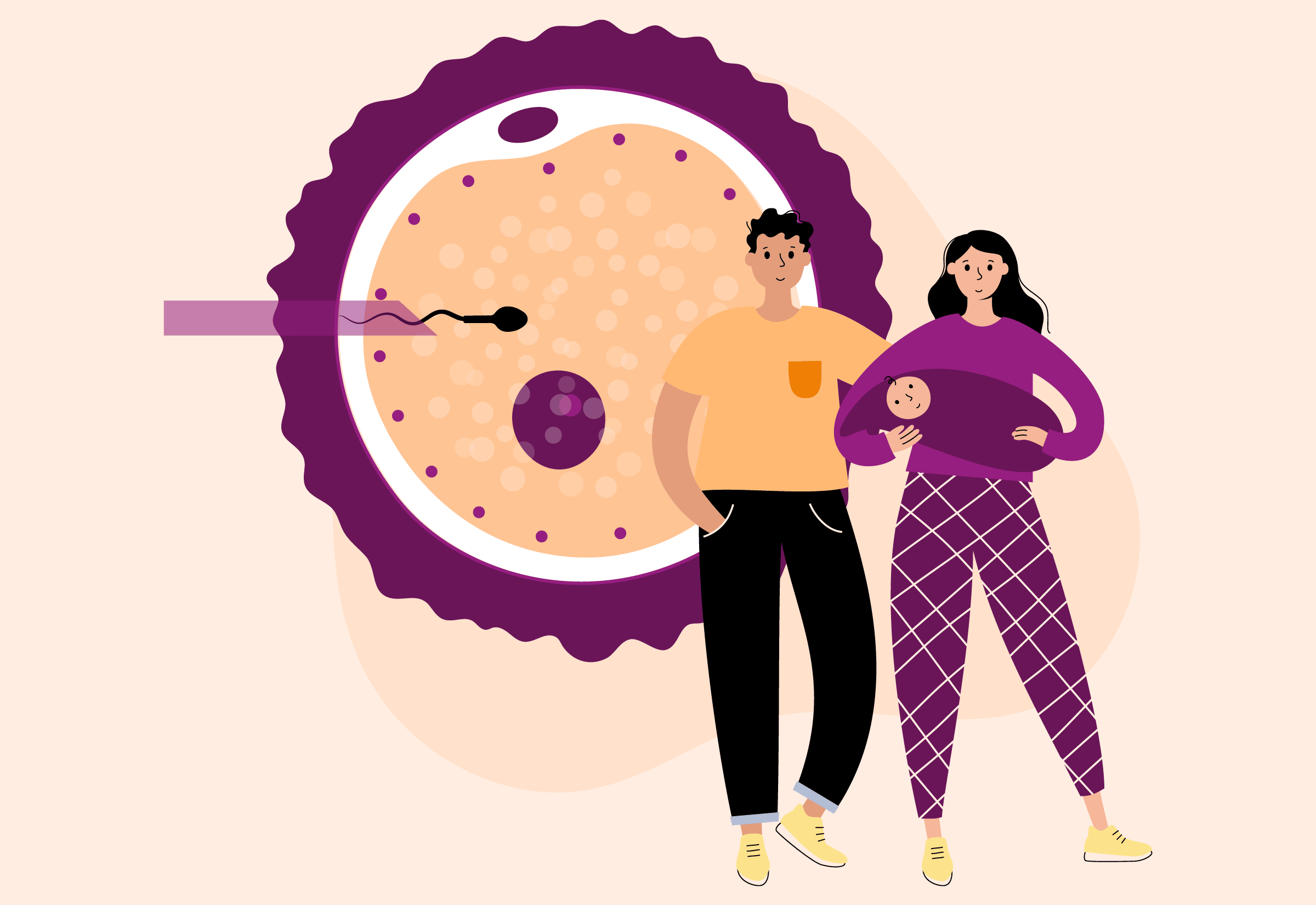
The Myth of Nine-Month Bed Rest After IVF: What You Need to Know
One of the biggest myths surrounding In Vitro Fertilization (IVF) is the notion that you must be confined to bed for nine months after the procedure. This misconception often leads to unnecessary fear and anxiety, particularly among working women and those in nuclear families, who worry about how they will manage without taking extended leave or having sufficient help at home.
Where Does This Myth Come From?
This myth has its roots in hearsay and anecdotal experiences. Stories like “My daughter-in-law had IVF, and the doctor asked her to rest for nine months,” or “My sister-in-law’s daughter had to stay bedridden after IVF,” are commonly shared in families, leading many to believe that IVF requires extended bed rest. These stories, though well-intentioned, are often based on misunderstandings and outdated information.

Understanding IVF: What Really Happens
IVF involves fertilizing an egg outside the body and then implanting the embryo into the uterus. Once the embryo is implanted, the rest of the pregnancy progresses just like a natural one. The precautions and care required after IVF are similar to those of any pregnancy. It’s important to note that no doctor advises nine months of bed rest after IVF. In fact, most women are encouraged to continue their daily activities, including work, with appropriate adjustments and care based on their pregnancy needs.
The Reality of Bed Rest After IVF
While it’s true that IVF pregnancies, particularly those involving twins, might require a bit more care, this does not mean bed rest for the entire duration of pregnancy. In some cases, short periods of rest might be recommended, but this is far from the myth of nine months in bed.
After the embryo transfer, many women are cautious, often counting down the days until they can test for pregnancy. Given the emotional and financial investment in IVF, it’s natural for patients and their families to be extra careful. However, this does not equate to prolonged bed rest.
Managing Pregnancy After IVF
The key to a healthy pregnancy, whether through IVF or natural conception, is to follow your doctor’s advice and make lifestyle adjustments as needed. This could involve avoiding heavy lifting, reducing stress, or modifying your work schedule, but it does not require you to be bedridden.
Conclusion: Focus on Your Health, Not Myths
Bed rest for nine months after IVF is a myth that has caused unnecessary worry for many. The truth is that, with proper care and guidance from your doctor, you can continue to work and manage your household responsibilities while nurturing a healthy pregnancy.
At Aastha IVF Center, we are committed to supporting you through every step of your IVF journey. If you have any questions or concerns, feel free to ask in the comments. We wish you all the best as you prepare to welcome a new life into your family.
FAQ's
No, it’s a common myth. Most women can continue their regular activities after IVF, including work, with appropriate precautions. Extended bed rest is not typically necessary unless there are specific medical concerns.
The myth likely stems from anecdotal stories and a heightened sense of caution after IVF due to the emotional and financial investment. However, these stories are often based on misunderstandings.
In some cases, such as multiple pregnancies (twins or more) or certain medical conditions, a doctor may recommend limited rest. However, this is usually for a short period and not for the entire pregnancy.
Yes, most women can return to work after the embryo transfer. It’s important to listen to your body and follow your doctor’s advice, but complete bed rest is generally not required.
Avoid heavy lifting, strenuous exercise, and high-stress environments. It’s also recommended to maintain a balanced diet, stay hydrated, and follow any specific instructions from your healthcare provider.
